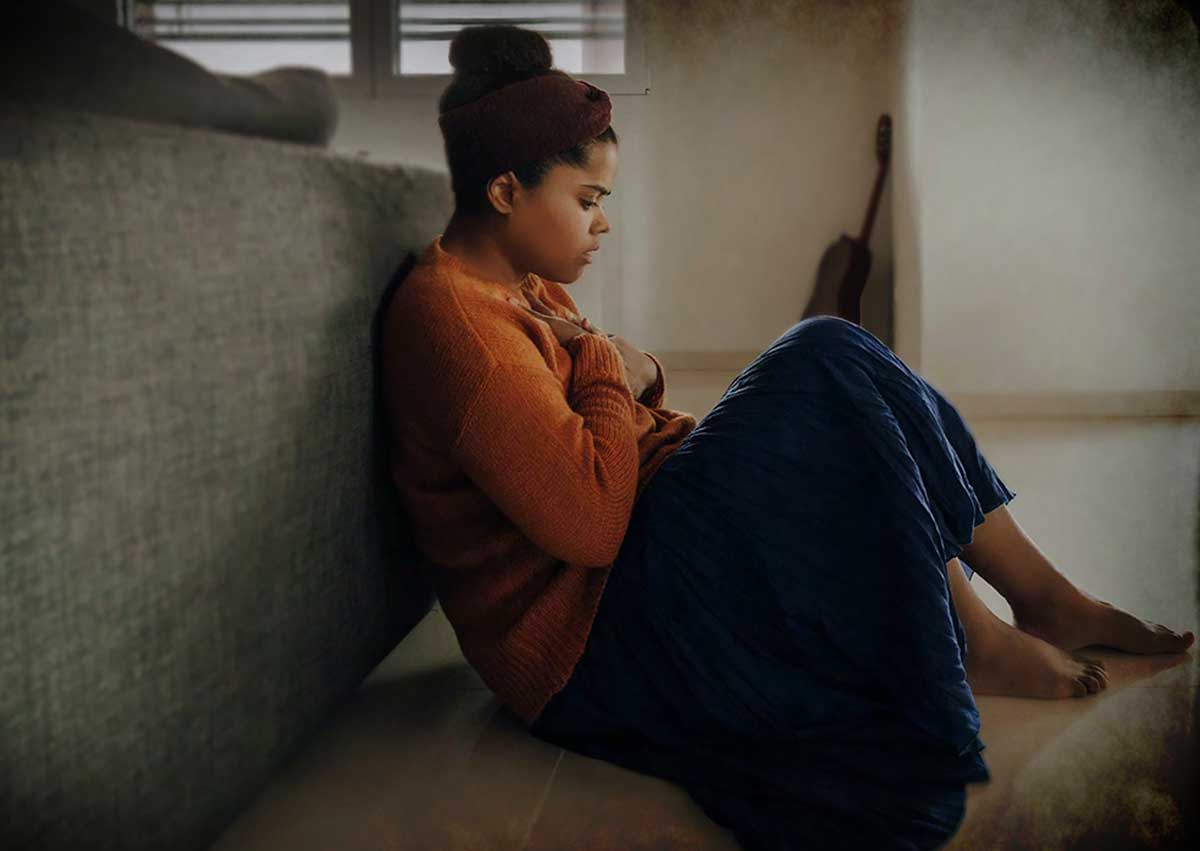 |
| Caring for a young one with glaucoma may take a toll on mental health, study shows. Photo: Joice Kelly on Unsplash. |
Given the significant toll childhood glaucoma can have not only on children but also their caregivers, a team of researchers recently initiated a cross-sectional study to better understand depression and anxiety among those caring for these patients and to best identify individuals who are vulnerable to these issues.
The study authors prospectively enrolled 129 caregivers of children with diagnosed primary childhood glaucoma (n=42), secondary childhood glaucoma (n=51) and glaucoma suspect (n=36). Participants completed two questionnaires: the Patient Health Questionnaire (PHQ-9) and Generalized Anxiety Disorder (GAD-7) Assessment. A decision tree model analysis was performed for discrimination of those with moderate-to-severe depressive (PHQ-9 score ≥10) and anxiety (GAD-7 score ≥11) symptoms. The researchers used algorithms based on obtained clinical, demographic and socioeconomic data.
Data showed that 23.6% of caregivers had varying degrees of depressive symptoms and 20% had varying degrees of anxiety symptoms. The researchers also observed moderate-to-severe depression and moderate-to-severe anxiety among 7.8% and 8.5% of caregivers, respectively. The study revealed no significant difference in the mean PHQ-9 and GAD-7 scores among the three groups. The decision tree model had balanced accuracies of 0.875 for PHQ-9 score and 0.880 for GAD-7 score.
The model determined that depressive symptoms should be strongly suspected in caregivers if the child has undergone more than two glaucoma surgeries or if the visual acuity—converted to logarithm of minimum angle of resolution—in the better eye is worse than 0.4 if the child has had one or no surgery, according to the study authors.
“Caregiver burden is an important factor in many chronic diseases, including childhood glaucoma. Caregivers of children with glaucoma are likely to experience decreased quality of life,” they concluded. “In clinical practice, evaluation of the number of glaucoma surgeries and visual acuity in the better eye can be a useful screening tool in predicting mental illness in caregivers of children with glaucoma.”
The researchers emphasized the need for psychosocial interventions to address the mental health needs of caregivers as well as future studies to determine the impact a caregiver’s mental health has on the care they deliver to children with glaucoma.
Wy S, Choe S, Lee YJ, et al. Decision tree algorithm-based prediction of vulnerability to depressive and anxiety symptoms in caregivers of children with glaucoma. Am J Ophthalmol. February 13, 2022. [Epub ahead of print]. |


